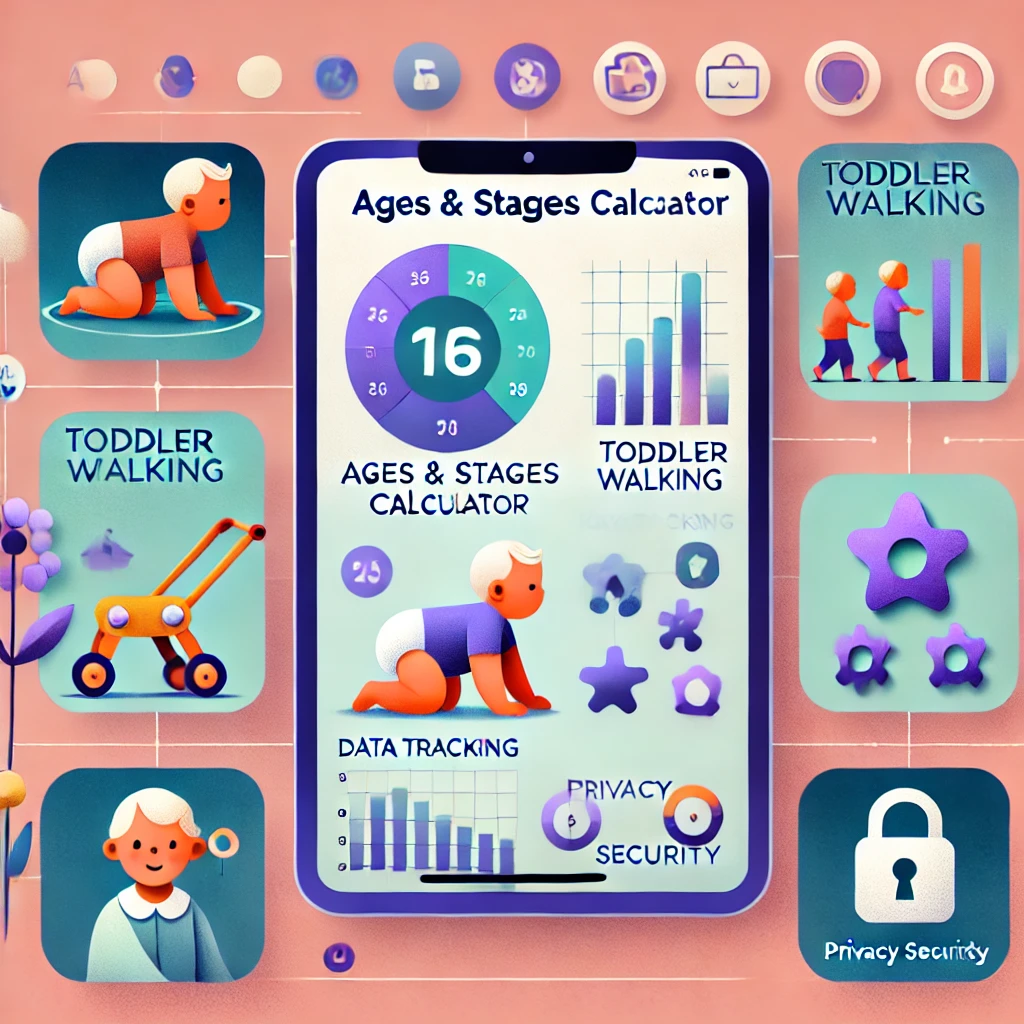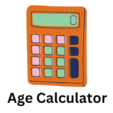Introduction:Ages and Stages Calculator
Childhood development is an intricate journey filled with significant milestones that shape a child’s growth. To better understand and monitor these stages, tools like the ages and stages calculator have become indispensable. Whether you are a parent, educator, or healthcare professional, understanding how these tools work can help ensure children achieve their developmental milestones. This guide explores everything you need to know about ages and stages calculators, with a focus on popular terms like the ASQ ages and stages calculator and ages and stages calculator apps.
What is an Ages and Stages Calculator?
An ages and stages calculator is a tool designed to help parents and caregivers monitor a child’s physical, emotional, cognitive, and social development. It serves as a guide to determine if children are meeting the expected milestones for their age or if there are areas where intervention may be needed.
These calculators often integrate with frameworks like the Ages and Stages Questionnaire (ASQ), a scientifically developed system used to screen children for developmental delays.
Here, You can Use Calculator
Importance of Developmental Milestones
Developmental milestones are critical markers that indicate a child’s growth in various domains. These include:
- Motor Skills: Crawling, walking, and fine motor coordination.
- Language Skills: Babbling, first words, and sentence formation.
- Cognitive Abilities: Problem-solving, memory, and learning.
- Social and Emotional Growth: Interaction, empathy, and self-awareness.
Tracking these milestones ensures that children are growing appropriately for their age and helps identify any early signs of developmental delays.
How Does an Ages and Stages Calculator Work?
An ages and stages calculator evaluates a child’s progress based on specific age-related milestones. Here’s how it typically works:
- Input Data: Caregivers input information about the child’s age, behavior, and skills.
- Assessment Questions: The tool may ask questions about the child’s ability to perform tasks such as stacking blocks, making sounds, or interacting with peers.
- Scoring and Results: The tool evaluates the responses and provides feedback, often categorizing results into areas like “on track,” “needs monitoring,” or “requires further assessment.”
Many calculators are now available in digital formats, making it easier for parents to use them on the go.
Key Features of asq ages and stages calculator
1. Age-Appropriate Assessments
These calculators tailor their evaluations based on the child’s age, ensuring accuracy and relevance. For instance:
- Infants (0-12 months): Focus on sensory and motor skills.
- Toddlers (1-3 years): Emphasis on language and social interaction.
- Preschoolers (3-5 years): Concentration on problem-solving and emotional regulation.

2. Comprehensive Domains
A good calculator assesses multiple developmental areas:
- Physical Development: Gross and fine motor skills.
- Cognitive Development: Learning, memory, and problem-solving.
- Social and Emotional Development: Interactions and behavioral patterns.
- Language Development: Speech, comprehension, and expression.
3. User-Friendly Design
Modern ages and stages calculator apps feature intuitive interfaces, making them accessible to non-experts.
4. Data Tracking
Many apps offer progress tracking, allowing users to monitor developmental changes over time.

What is the ASQ Ages and Stages Calculator?
The ASQ ages and stages calculator is a widely used tool in child development. ASQ, or Ages and Stages Questionnaire, is a research-based screening system developed to identify developmental delays in children from infancy to early childhood.
Why is the ages and stages calculator app?
- Comprehensive Evaluation: Covers all developmental domains.
- Evidence-Based: Supported by extensive scientific research.
- Parental Involvement: Encourages parents to actively participate in tracking their child’s growth.
How the ASQ Calculator Works
The ASQ uses a series of questionnaires filled out by parents or caregivers. These questionnaires assess the child’s ability to perform age-appropriate tasks. Results are then compared against standard benchmarks to identify any areas requiring additional support.
Benefits of Using an asq ages and stages calculator
1. Early Detection of Developmental Delays
Early intervention is crucial for addressing developmental challenges. These tools help identify potential delays, allowing for timely professional support.
2. Parental Awareness asq ages and stages calculator
By using an ages and stages calculator app, parents gain a deeper understanding of what milestones to expect and when.
3. Support for Healthcare Professionals
Pediatricians and child development specialists use these calculators to gather data and make informed recommendations.
4. Improved Child Outcomes
Monitoring and addressing developmental issues early can lead to better long-term outcomes in education, social skills, and emotional health.
Features to Look for in an Ages and Stages Calculator App
1. Ease of Use
The app should have a user-friendly interface with clear instructions.
2. Comprehensive Assessments
Look for apps that cover all major developmental domains.
3. Customizable Tracking
Apps that allow users to input personalized details provide more accurate results.
4. Privacy and Security
Ensure the app complies with data protection laws and offers robust privacy policies to safeguard sensitive information.
5. Regular Updates
Choose an app that integrates the latest research and improvements.
How to Use an Ages and Stages Calculator App
Using an ages and stages calculator app is simple:
- Download the App: Search for reputable options on app stores.
- Register Your Details: Create an account and input the child’s information.
- Complete Assessments: Answer questions about the child’s development.
- View Results: Receive detailed feedback on developmental progress.
- Follow Recommendations: Take action if the results suggest monitoring or professional consultation.
Privacy and Security Considerations
When using apps to track sensitive data, privacy is paramount. Look for tools that:
- Use data encryption.
- Have clear privacy policies.
- Avoid sharing data without user consent.
Common Questions About Ages and Stages Calculators
1. What is the purpose of an ages and stages calculator?
It helps track developmental milestones and identify potential delays.
2. Are these calculators accurate?
While not diagnostic tools, they provide reliable insights when used correctly.
3. Can I use the ASQ ages and stages calculator at home?
Yes, the ASQ can be used by parents at home or with guidance from professionals.
4. What should I do if my child’s results indicate a delay?
go to a specilaist or child development specialist for more quries
5. Are there free apps available?
Yes, many apps offer free versions with basic features, while premium options provide more detailed insights.
Conclusion
The ages and stages calculator is a powerful resource for monitoring a child’s development. Whether you’re using the ASQ ages and stages calculator or a modern app, these tools empower parents and caregivers to make informed decisions.
By understanding the milestones and taking early action when necessary, you can help your child thrive and achieve their full potential. Choose a reliable app, stay informed, and work closely with professionals to ensure the best outcomes for your child.
